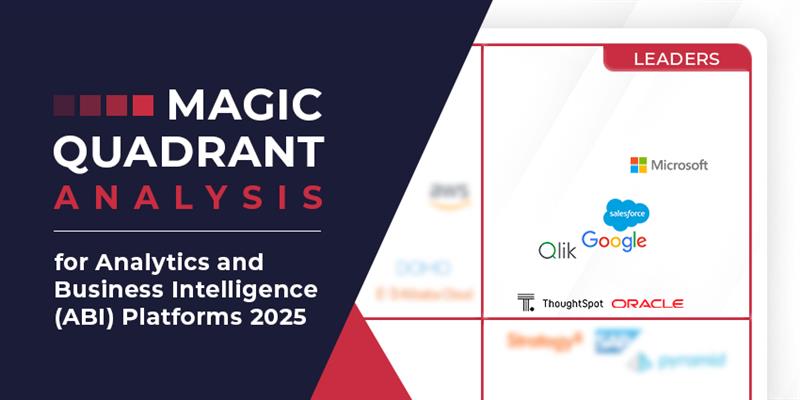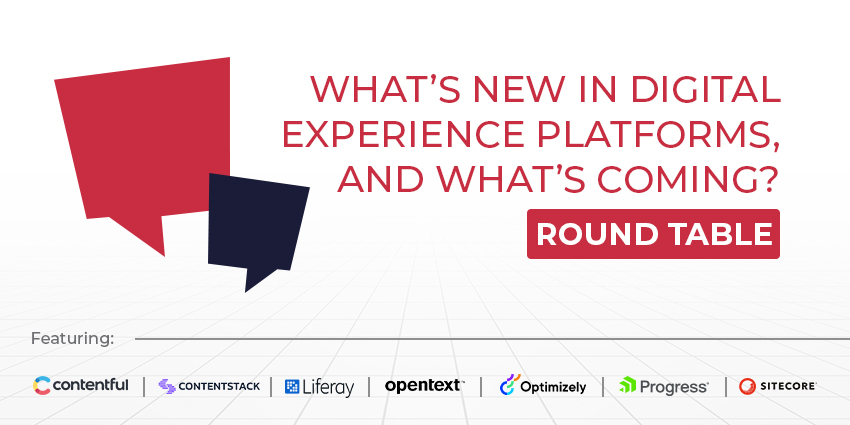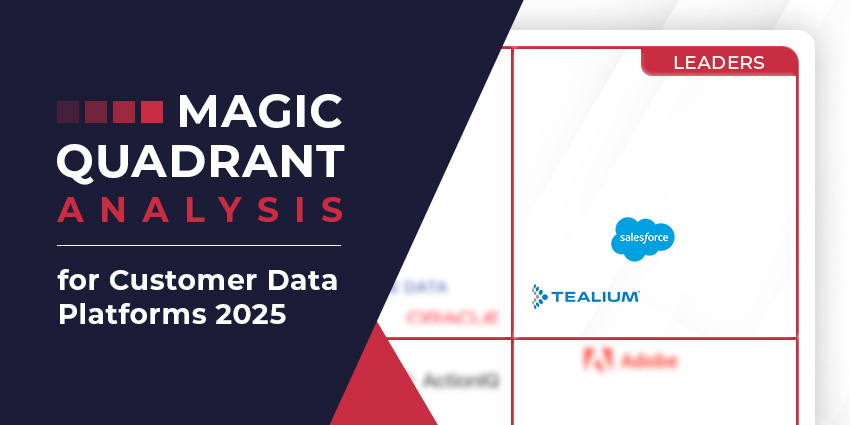In times of the Great Resignation, ‘quiet quitting’, burnout and other challenges impacting the workplace, it’s essential for organisations to look at ways to deliver better employee experiences (EX).
While salaries and wages are important, it’s more than that. Organisations need to give employees the training, coaching and on-going improvement opportunities that truly make them feel valued and supported. Because for businesses that are trying to deliver the best customer experiences possible, it starts with making sure the frontline employees who support those experiences are engaged and satisfied.
Further, with more customer touchpoints and communication channels than ever before, organisations need to do more to stay ahead. Artificial intelligence (AI) has emerged as a technology that is helping companies more effectively connect all the dots across customer and employee experiences.
CallMiner’s inaugural CX Landscape Report sheds light on the current state of CX and the main challenges organisations face, including how brands are rethinking employee experience and how they’re prioritising AI technologies to better meet their customers’ needs.
It All Comes Down to Data
It’s encouraging to see that so many organisations understand the connection between EX and CX, with 99% of surveyed senior contact centre and CX decision makers agreeing.
Yet, 34% of those surveyed say customer service representative disengagement or lack of productivity is one of their top three biggest challenges. Could it be that they are improperly trained for their job or do not receive enough feedback?
The only answer to getting to this information is to collect data, employee feedback that is. While customer data is essential for any improvement in CX as it allows decision makers to get valuable insights, the same goes for employee data.
Ninety-nine percent of organisations are collecting some type of data or feedback on employee experience, with the common ways being through employee interactions with supervisors (57%) and customers (56%).
Remember the importance of unsolicited feedback for CX from the first article? Only 44% of organisations utilise the same method for employee experience, in forms of organic thoughts, feelings and opinions employees share.
In those moments of natural interaction, supervisors and organisations can discover what prevents employees from giving their best, and with those insights they can better improve coaching, training, onboarding and more. Ultimately, when employees succeed, so does CX.
Know the Potential of AI
As AI continues to grow more powerful, it’s becoming a key differentiator for organisations looking to deliver better CX. And the applications of AI are multifold, from agent-assist solutions and self-service options to conversational AI and analytics platforms.
It seems like many organisations are already on the right track to their digital transformation, as the report shows that 71% of surveyed companies have fully or partially implemented AI technology to collect and analyse data.
Yet, 21% of organisations are still in the early stages of AI adoption, and 8% haven’t started implementing AI, but plan to do so in the future.
These numbers show that senior leadership recognises the role AI plays in CX, particularly how it enables organisations to handle massive amounts of data at scale and provide the actionable insights necessary to make better business decisions.
Companies recognise many of the positive benefits of using AI technology, including increased customer satisfaction with products and service (49%), effective data and insight sharing (41%), brand reputation and crisis management (38%), and employee engagement and productivity (36%).
While organisations clearly understand that AI can deliver significant benefits, some report that they have not yet maximised AI to its full potential.
48% of organisations that currently use AI say that they are not fully harnessing its capabilities, leading to missed opportunities and falling behind. That’s because many say it’s too expensive (41%) or it’s too complex for them to implement and manage (41%).
As organisations get more mature with their AI adoption and implementation, they’ll begin to realise even more benefits as it relates to CX.
Puzzle Solved?
In most cases, organisations understand the importance of CX and how they can improve it, but in order to make fundamental, lasting improvements to CX, companies need to prioritise the four pieces of the puzzle: collecting the right data and feedback, effectively analysing that data, using insights to improve EX, and embracing AI technology.
It’s these steps that will help organisations on their journeys to becoming truly customer centric.
To learn more on understanding the CX puzzle, download CallMiner’s CX Landscape Report 2022.







